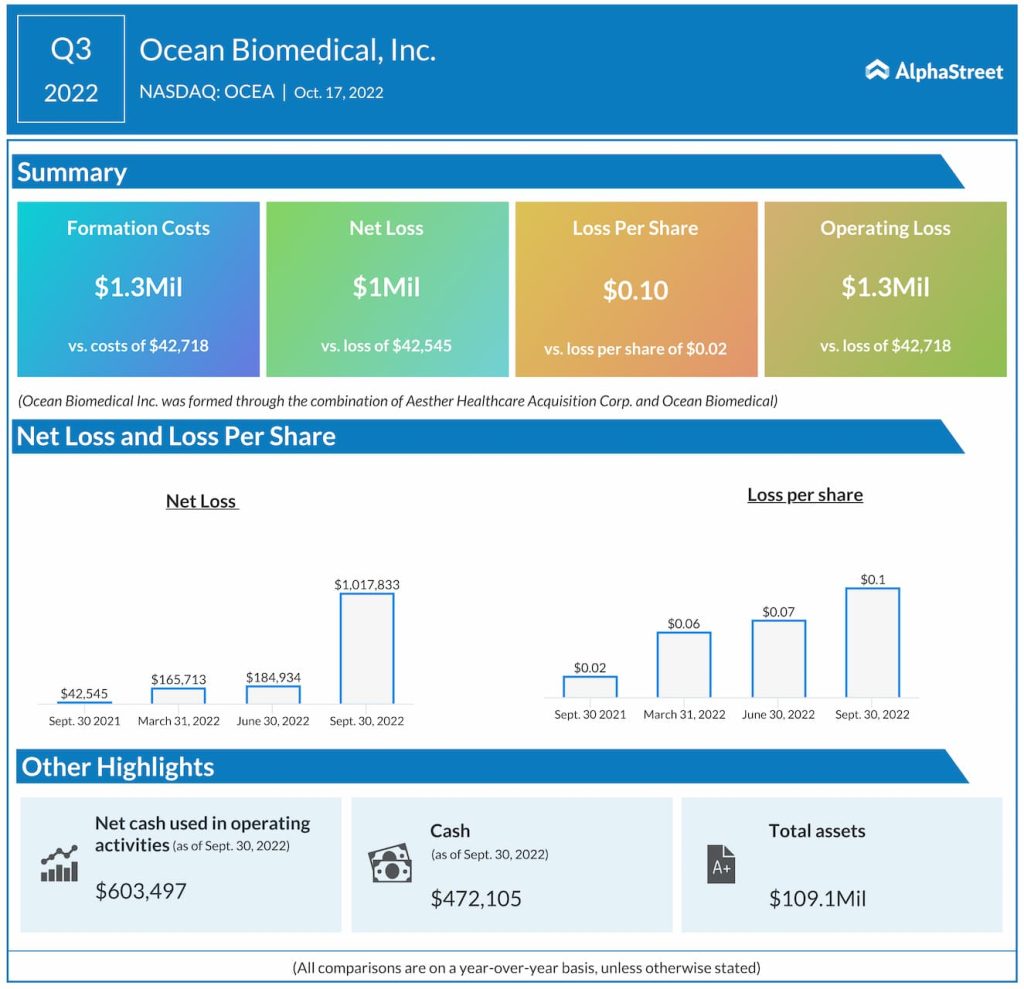OCF-203
The findings by Ocean Biomedical’s Scientific Co-founder, Dr. Jack A. Elias, and his colleagues at Brown University, have revealed possible options for the treatment of pulmonary fibrosis conditions in patients with HPS, particularly HPS-1 and HPS-4, its most deadly forms.
“My life’s work has been focused on caring for patients with pulmonary conditions and it is difficult to see the limited treatment options that are available for many of these diseases. We are working to change that, and we’re really excited about the broad therapeutic potential for this unique treatment pathway,” said Dr. Elias.
Expanded application
Ocean’s anti-fibrosis platform aims to target significant unmet needs for conditions like Idiopathic Pulmonary Fibrosis (IPF) and Hermansky-Pudlak Syndrome, and it has the potential to expand further into other areas like scleroderma, alcoholic liver disease, NASH, and kidney failure.
IPF is a lung condition that affects about 15 per 100,000 people globally while HPS is a rare genetic condition that affects about 1 in 750,000 people around the world. Since both IPF and HPS are categorised as “rare diseases” under the Orphan Drug Act, they are eligible for potential orphan drug designation, and Ocean Biomedical said it is moving towards IND filings for OCF-203 with both these patient populations in mind.
“We are pleased to see the strong results being generated in our anti-fibrosis platform, and we are proud to be moving them forward, especially for patients with conditions like HPS that do not currently have effective treatment options,” said Elizabeth Ng, CEO of Ocean Biomedical.
